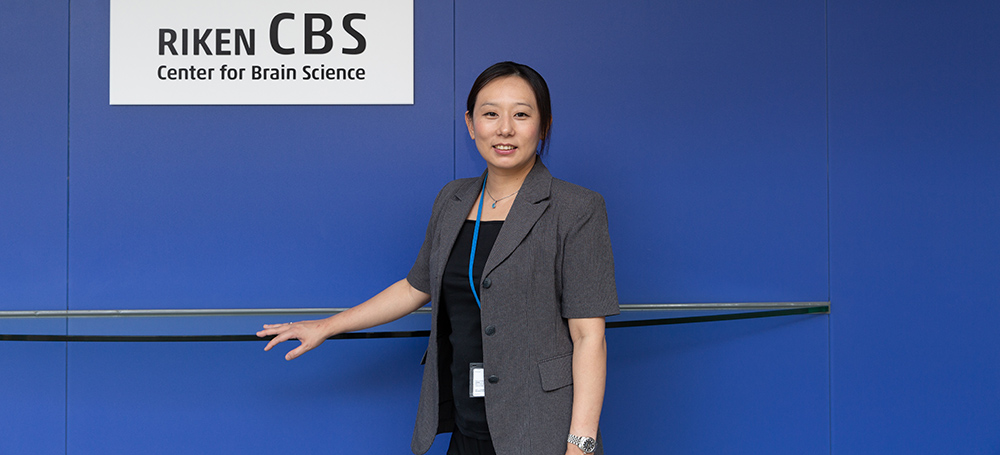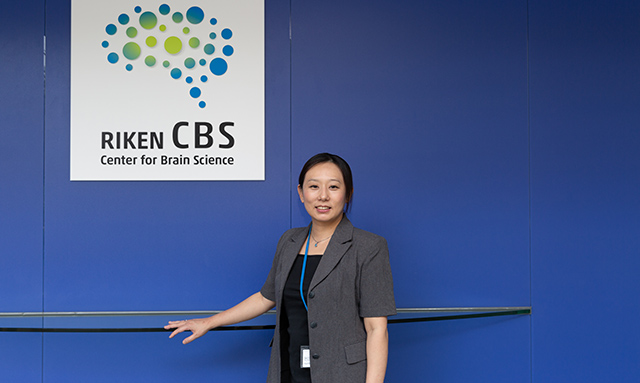Science to mend the mind
Aug. 5, 2019
Amanda Alvarez


Growing up in Japan’s Gunma prefecture, Akiko Hayashi-Takagi dreamed of becoming a doctor. As a medical student and, eventually, physician, she was especially fascinated by psychiatry—until she was faced with a patient’s suicide. “We try to do the right thing for patients, but there are no truly effective treatments. We don’t really know the principles of how the brain works, let alone the pathophysiology of psychiatric disorders. I became disappointed by how little we can do in psychiatry and how primitive it seems, compared with physics or math,” says Hayashi-Takagi.
She quit her work as a doctor and returned to graduate school. “Such tragedies should not continue and I needed to get to the root of why this is happening. Why do people get mentally ill, and how can we mend them? To me, this depends on rational drug discovery.” Her research trajectory first led to molecular biology and then to the brain science of memory, zeroing in on the synapse as the underlying ‘root’ for many psychiatric disorders.
Memory is an area of neuroscience research that is comparatively well-understood, says Hayashi-Takagi, and the synapse—the place where neurons touch and communicate—is thought to be the site where remembering and forgetting actually occurs. In 2015, Hayashi-Takagi and colleagues showed that this was indeed the case: synapses are needed for memory. They developed a way to label the synapses that changed through learning, then ‘erased’ those memories with a blast of blue light. The use of light to manipulate genetically tagged neurons, called optogenetics, is a common method in neuroscience.
With the ability to control and study synapses in hand, Hayashi-Takagi circled back to her original motivation, identifying the sources of psychiatric conditions. “In schizophrenia, depression and dementia, we know the synapse is one of the causes,” she explains. Spines, tiny bumps on the synapses, change dramatically in size and number in mice that are missing a gene linked to schizophrenia, according to Hayashi-Takagi’s research.
Mental health problems are increasing, observes Hayashi-Takagi, but “we need the exact reasons. We can’t treat without a diagnosis. We need better signs or biomarkers at an earlier stage for prognosis and intervention.” To this end, she has convened a research project on the ‘multi-scale brain’. “Scientists only study one level, like a molecule, a cell or a behavior, but there are huge differences between them. We need to study those layers simultaneously and how they are connected to completely understand psychiatric disorders.” The multi-year project includes scientists from across Japan who will be looking at everything from human brain scans to mini-brain organoids in the lab and computer models of molecules. Though she is no longer a practicing physician, Hayashi-Takagi remains emphatically committed to clinical outcomes: “My goal is to get treatments.”



